Paws & Claws Adult/Kitten Turkey and Giblets Pate Wet Cat Food, 22 oz.
The Paws & Claws Adult/Kitten Turkey and Giblets Pate Wet Cat Food is great for cats of any age and size. Made with real turkey with added taurine, this cat food ensures your cat maintains a healthy heart and bright eyes. The wet cat food also features added vitamins to deliver complete nutrition and a balanced diet.
The Paws & Claws Adult/Kitten Turkey and Giblets Pate Wet Cat Food is great for cats of any age and size. Made with real turkey with added taurine, this cat food ensures your cat maintains a healthy heart and bright eyes. The wet cat food also features added vitamins to deliver complete nutrition and a balanced diet.
- Ideal wet cat food for cats of any age and size
- Made with real turkey for a nutritious meal
- Taurine for a healthy heart and bright eyes
- Provides complete nutrition with added vitamins
- Turkey and giblets flavor is attractive for cats
- Pate texture makes the cat food palatable and easy to eat
- Sealed can packaging ensures food stays fresh
- Made in the USA
- Comes in a 22 oz. can of cat food
- Formulated to meet the nutritional levels established by the AAFCO Cat Food Nutrient Profiles for maintenance
Additional information
| Country of Origin | Made in USA |
|---|---|
| Breed Size | Extra Small, Small, Medium, Large, Extra Large |
| Flavor | Turkey and Giblets |
| Health Features | Heart Health, Vision Health |
| Life Stage | All Life Stages |
| Packaged Height | 5.03 in. |
| Packaged Length | 3.44 in. |
| Packaged Weight | 1.563 lb. |
| Packaged Width | 3.44 in. |
| Primary Flavor | Turkey, Giblets |
| Texture | Pate |
| Wet Food Package Weight | 22 oz |
| Manufacturer Part Number | GPNCUC2212TRKGB |

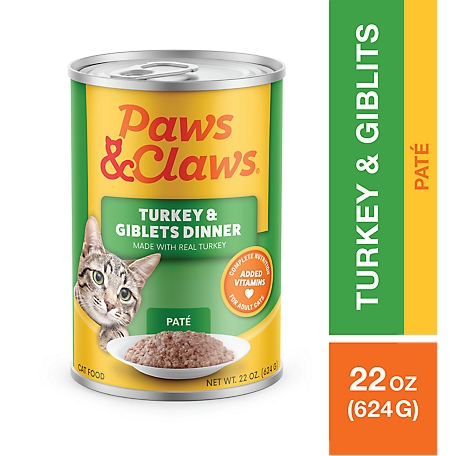
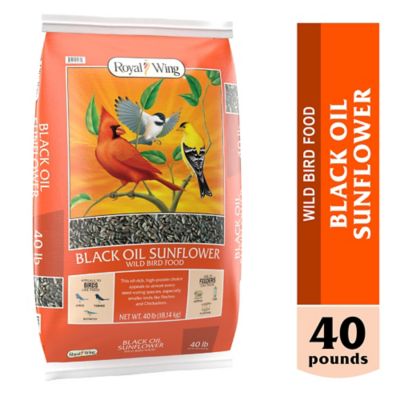

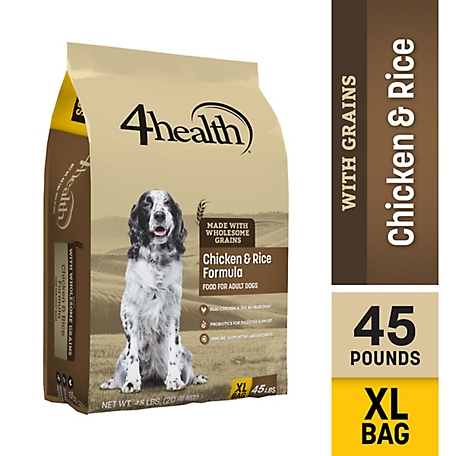
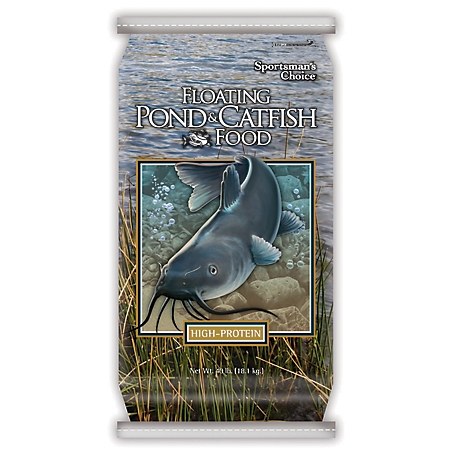
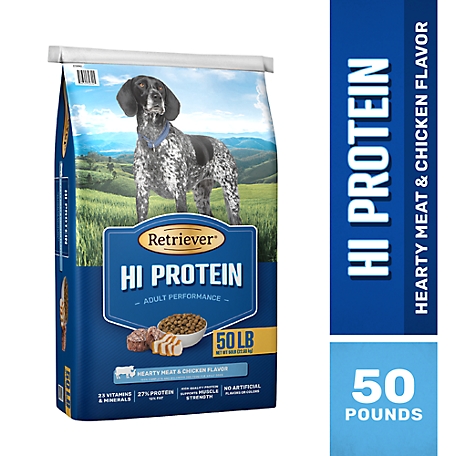
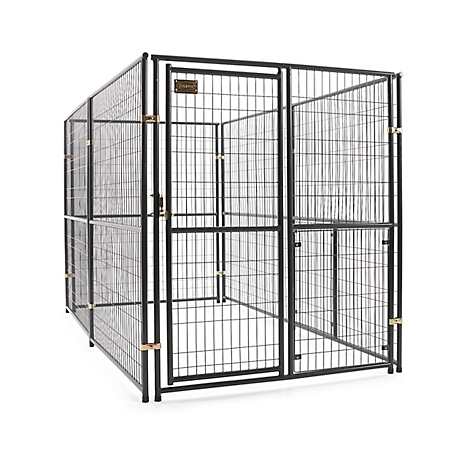
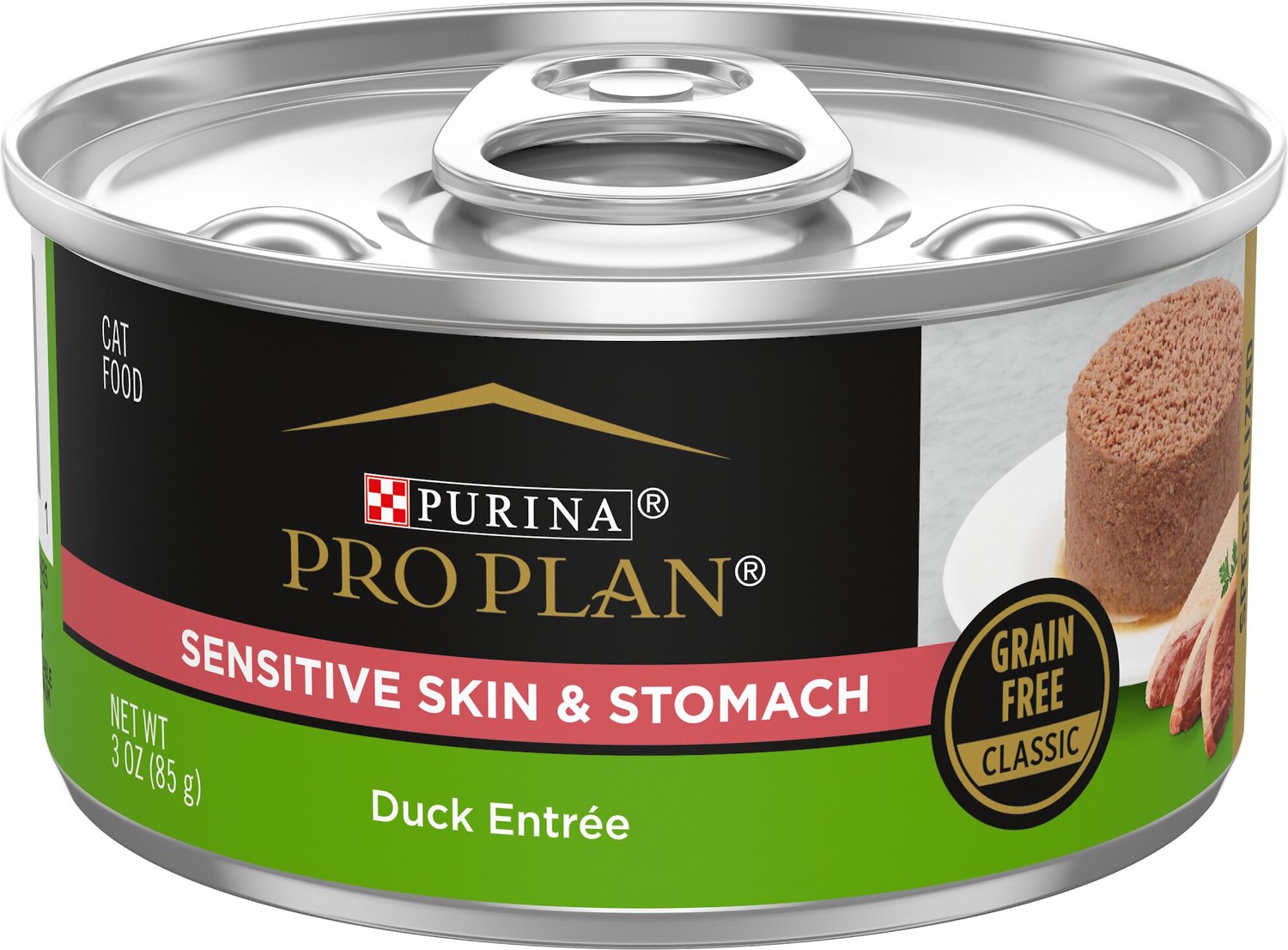
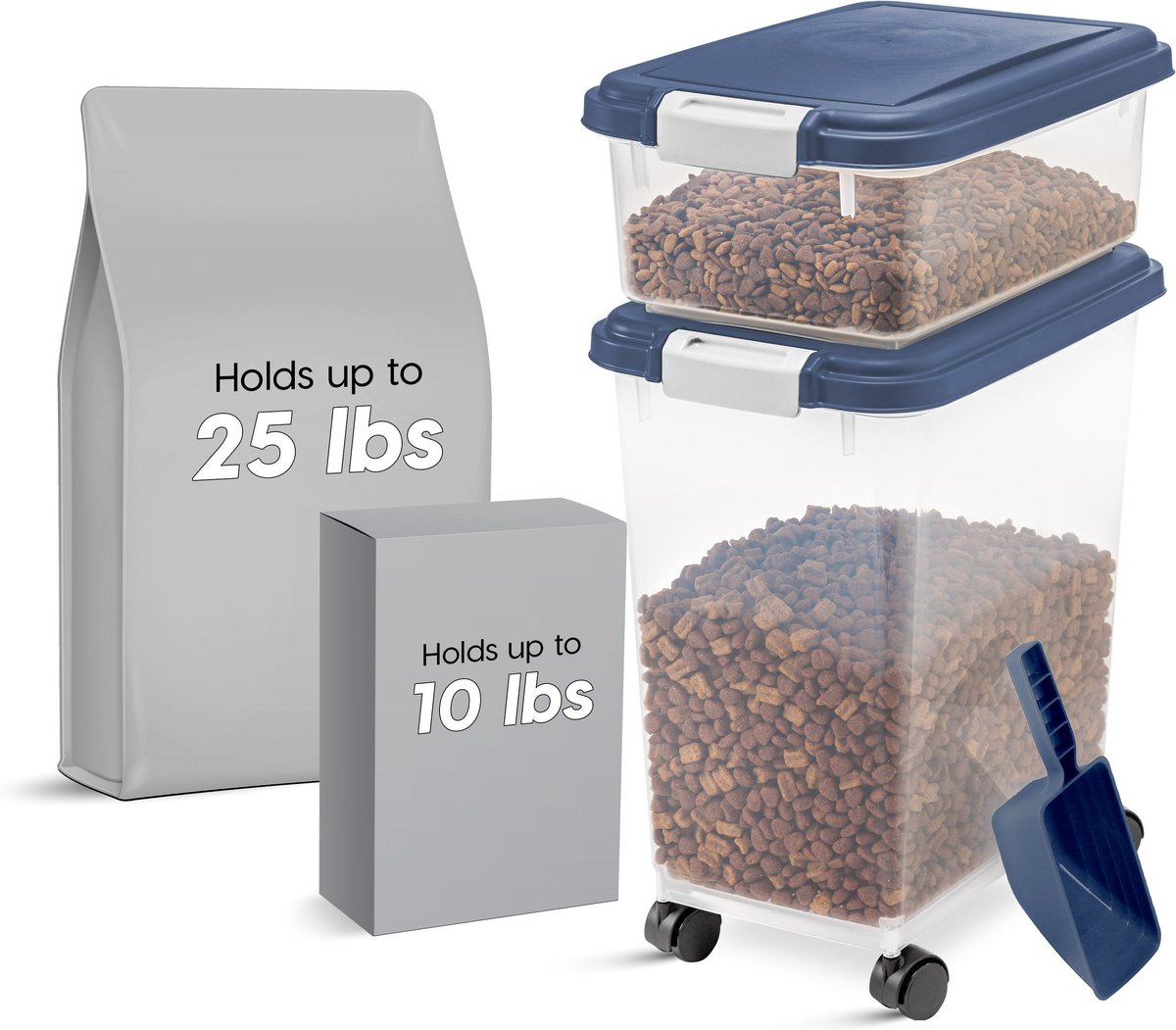
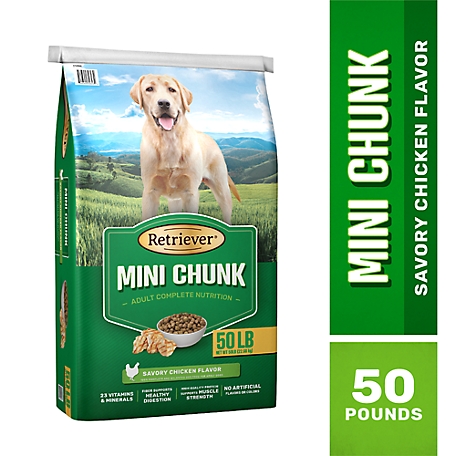
by Steve
I feed an average of 25 cats a day. It’s annoying to have to open tiny cans and I like to give them wet food for extra calories and hydration. This was the perfect solution!
by Jennifer
Great quality at a reasonable price!
by Moss
My old cats like that it is so moist and easier to eat.
by Andrew
This is good food for the outdoor kitties who frequent our back yard